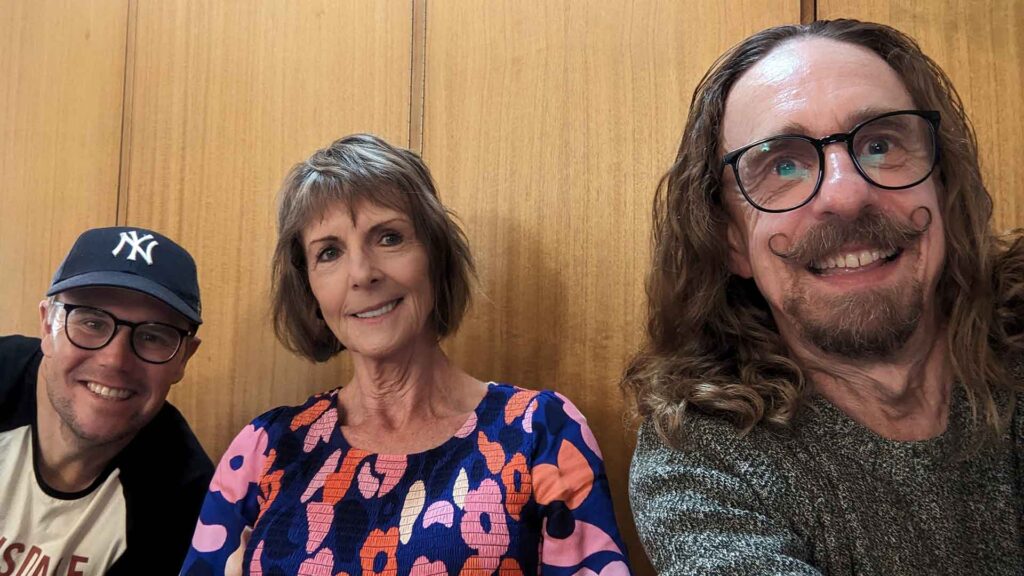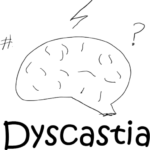Watch episode 11 on YouTube
About Debbie

When Debbie was in year five at primary school in rural South Australia, she decided she wanted to be a teacher. After 17 years in the classroom, Debbie decided to switch her focus to assisting educators to do the best for their students.
Debbie now works as a specialist consultant with the goal of reaching out to school leaders and teachers who need guidance in planning and evaluating their learning programmes.
Debbie aims to provide quality learning for various school contexts and tailor new approaches and strategies that address the needs of the students, teachers and leaders of the institution she serves.
Debbie has spent her career helping educators to recognise and solve the unique challenges they encounter in their schools.
Debbie co-wrote the DECD Unlocking the World “Gifted Education and Higher Order Thinking: Improving Learning Outcomes for every Student” tutor training programme and teacher development courses. Those materials were delivered to various South Australian sites as well as to international schools and the public education system in Hong Kong.
Additionally, Debbie co-developed a support model in response to the needs of the overwhelming number of sites involved in the comprehension strategy in Northern Adelaide.
“Stories from the Field” attests to the impact of the professional learning programme on teacher capacity and efficacy as well as student learning outcomes. Leaders, later on, report on the quality and positive impact of the professional learning and resources that I co-developed to support teacher learning.
Email: Debbie.draper@gmail.com
Website: https://debbiedraper-educationalconsultant.vpweb.com.au/
Show notes
Handwriting has made its way back into schools that have embraced evidence-based teaching of reading, spelling and writing.
The multisensory nature of the delivery of structured synthetic phonics programs requires that students are handwriting as they store grapheme-phoneme correspondences, and there’s a plethora of evidence to support this approach.
Now, as schools insist that students write more, the expected questions have popped up.
- Cursive or manuscript?
- One then the other or cursive from the get-go?
- Which font shall we teach schoolwide?
- Are there better ones than others?
- Dotted thirds, lines or no lines?
- What types of writing implements – pens or pencils?
- Do we correct poor grip? How?
- Do we let them rub out?
- Writing in books or on individual whiteboards? If both, when?
- How should students sit as they write?
- At tables, sitting on the floor?
- Lying on the floor?
- Do we insist on a set letter formation?
- What about students with Dysgraphia?
In this episode, we explore these issues and more with Debbie and tap into her vast expertise and experience.
Debbie made us a shared folder!
Click here to access the Google folder that Debbie has created for Dyscastia listeners. It is chock-a-block with great articles and instructional aids.






